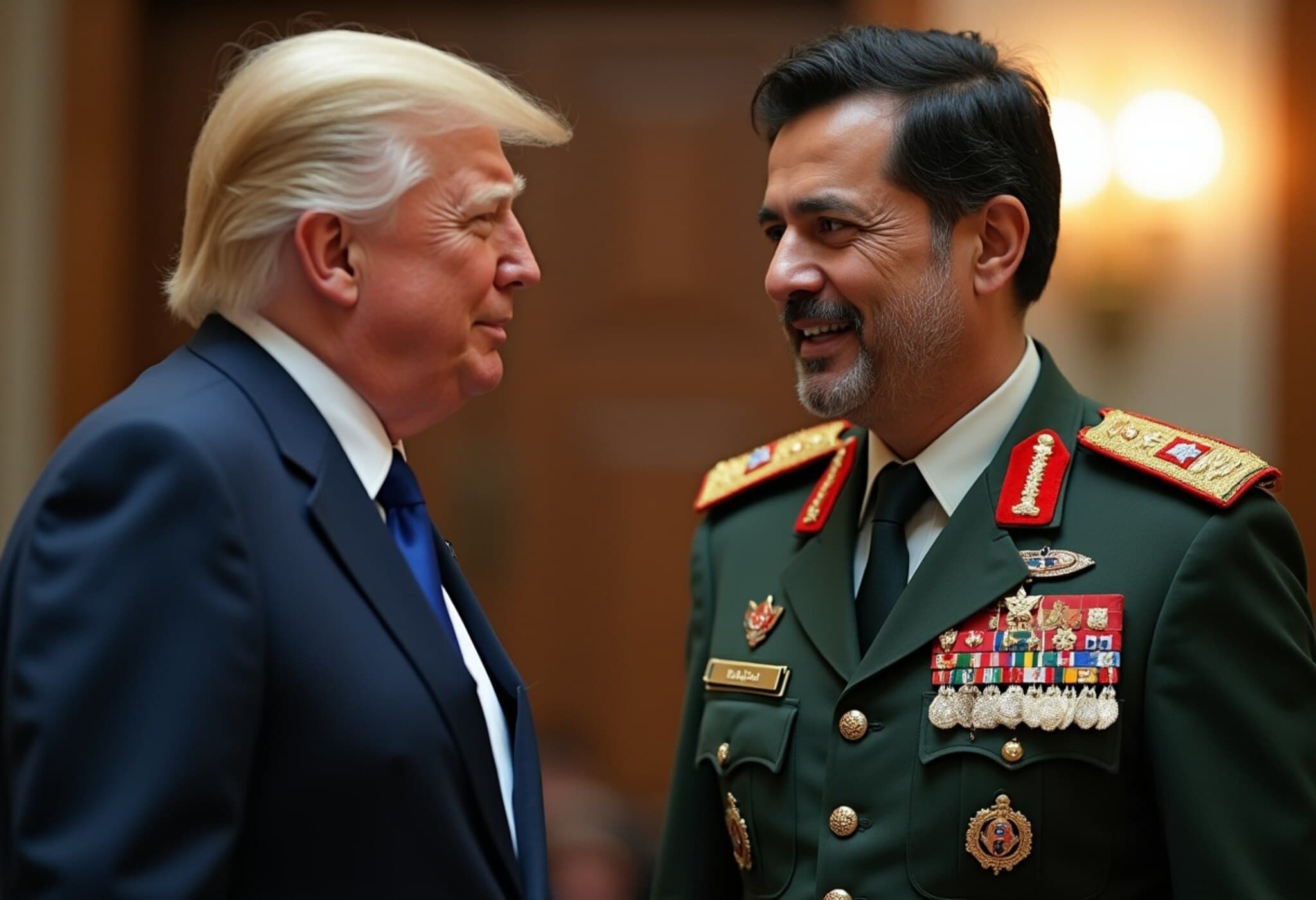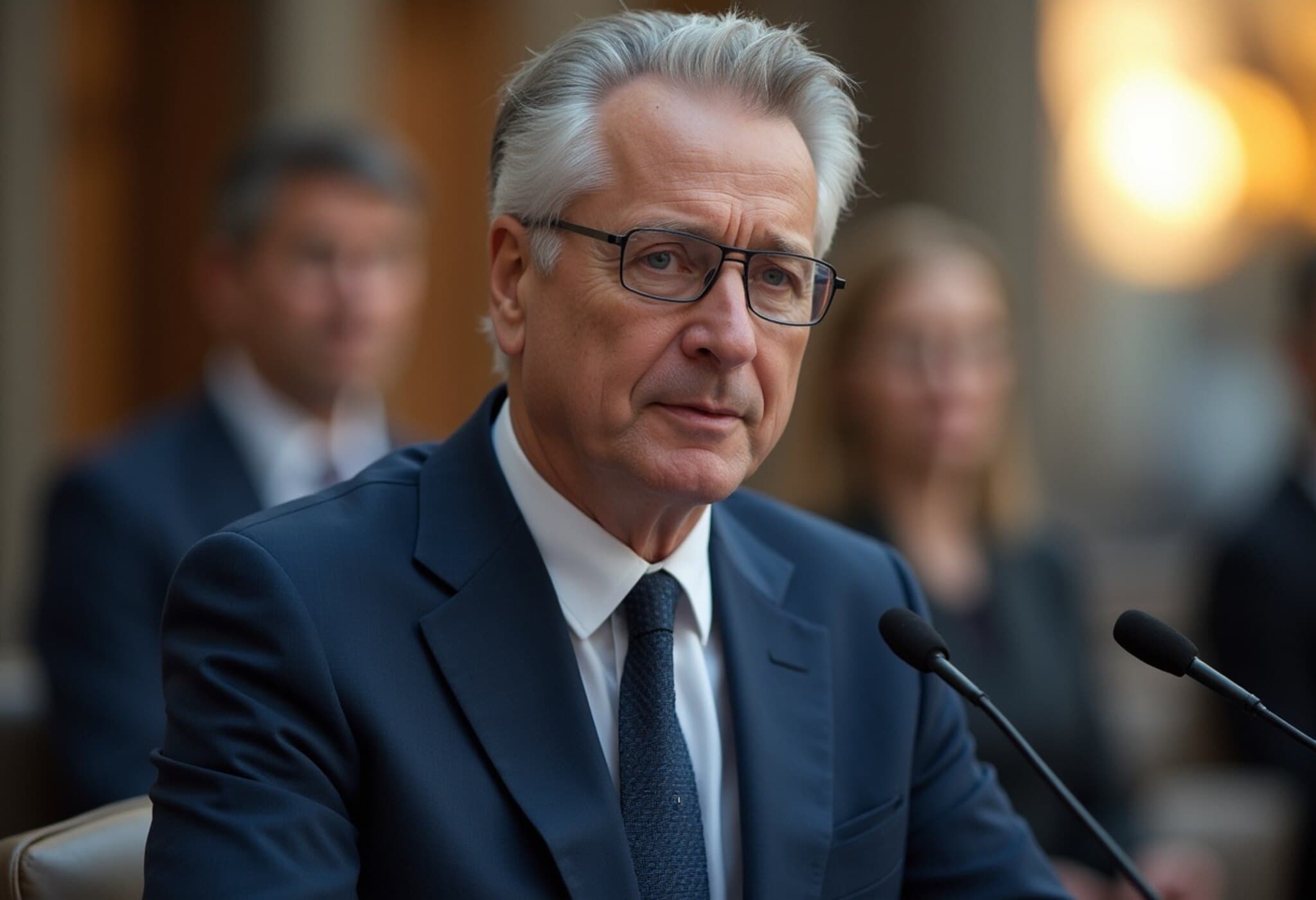Federal Government Challenges Harvard Over Patent Rights Amid Fund Dispute
In a bold move emblematic of growing tensions between federal authorities and prestigious academic institutions, the Trump administration has issued a stern warning to Harvard University. The government signaled it may seize control of Harvard’s extensive patent portfolio due to alleged breaches of legal and contractual obligations tied to federally funded research.
Commerce Secretary Initiates March-In Process Under Bayh-Dole Act
Commerce Secretary Howard Lutnick publicly announced the initiation of a "march-in" process under the Bayh-Dole Act, a seldom-invoked federal law allowing the government to reclaim ownership or license patents created with federal funding if critical requirements are unmet. In an online letter dated Friday, Lutnick underscored the "immense value" that federal partnerships bring to scientific innovation, emphasizing the crucial role universities play in ensuring taxpayer-funded inventions benefit the American public.
The Secretary set a firm deadline, demanding Harvard provide a comprehensive list of all patents tied to federal research grants within four weeks, along with information on their practical use and the status of licensing agreements, specifically whether they stipulate substantial manufacturing in the United States.
Harvard’s Patent Empire and Federal Scrutiny
As of July 2024, Harvard’s Office of Technology Development manages an astounding 5,800 active patents alongside over 900 technology licenses involving 650 industry partners. This sprawling portfolio generates significant revenue and underscores Harvard’s status as a global leader in innovation.
The federal government's heightened examination comes against the backdrop of a broader White House campaign targeting Harvard over alleged civil rights violations concerning the university’s approach to student protests around the Israel-Gaza conflict. Earlier this year, billions of dollars in research funding were frozen or withdrawn, triggering heightened tensions not only with Harvard but also other elite institutions like Columbia University and Brown University, some of which have settled financially with federal authorities.
Bayh-Dole Act: Balancing Innovation and Accountability
The Bayh-Dole Act of 1980 is a cornerstone of U.S. innovation policy, granting institutions the right to retain ownership of patents derived from federally funded research—provided they adhere to requirements ensuring public benefit. The legislation has been widely lauded, with bipartisan support including from former President Jimmy Carter, for catalyzing breakthroughs ranging from pharmaceuticals to technology, thereby stimulating economic growth.
However, the current dispute illuminates the ongoing challenge of maintaining equilibrium between protecting institutional autonomy and safeguarding the public interest, especially when federal funds underwrite critical research advances.
Expert Insight: What This Means for U.S. Innovation and Academia
Legal experts highlight that the "march-in" provisions have rarely been triggered since the law's inception, making this threat particularly significant and potentially precedent-setting. If exercised, it could consolidate federal oversight on high-impact inventions and reshape university-government relationships.
Moreover, this case raises vital policy questions: How can universities balance their expansive research endeavors with stringent compliance? To what extent should federal authorities intervene when intellectual property, funded by taxpayers, is commercialized? And how might this affect the university innovation ecosystem — a vital engine for competitiveness in the global economy?
Looking Ahead: The Stakes for Harvard and Beyond
Harvard’s response in the coming weeks will be closely watched by academia, policymakers, and industry stakeholders alike. A compliance demonstration may avert further fallout, whereas failure could result in the unprecedented government takeover of some of the nation’s most valuable academic inventions.
This episode uncovers the complex interplay between academia, government funding, civil rights considerations, and the commercialization of knowledge. As the broader debate over governance, equity, and transparency within higher education intensifies, the Harvard patent dispute serves as a microcosm of larger societal challenges facing American innovation.
What to Watch:
- The detailed patent disclosures Harvard provides to the Commerce Department
- Potential legal challenges to the government's assertion of march-in rights
- Congressional or administrative responses reconsidering Bayh-Dole provisions
- Impact on research funding and university-industry partnerships nationwide
Editor’s Note
The Trump administration’s push to potentially seize Harvard’s patents presents a rare and revealing clash at the intersection of innovation policy, intellectual property, and federal oversight. While protecting taxpayer interests is paramount, this situation also probes the delicate balance universities must maintain between autonomy and accountability. Observers should ask: Could assertive government intervention spur greater transparency and benefit-sharing, or might it stifle the freedom that fuels academic breakthroughs? This unfolding saga offers critical lessons on the governance of publicly funded research in an era of heightened political and social scrutiny.











